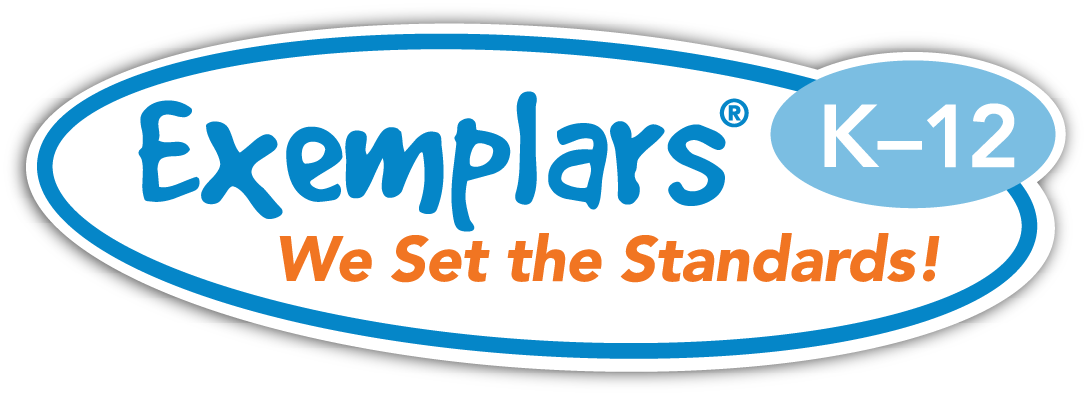Featured in Graduate Studies
Increasingly, we are finding teachers and school leaders using Exemplars as part of their research in graduate courses, or as part of their theses. Our goal is to feature as many of these as we possibly can.
If you are using Exemplars as part of a graduate course as a thesis, please let us know.
Mathematical Problem Solving: Its Effect on Achievement and Attitudes of Elementary School Students
In summarizing her findings, Dr. Judy Devens-Seligman, Principal at Wing Lane Elementary School in Valinda, CA, writes:
Increasing Student Mathematical Problem Solving Achievement Through the Use of Exemplars
Ben Hartman, a teacher at Cedar Elementary in Gwinnett County, Georgia, was concerned about performance in problem solving at his school. He asked if using Exemplars on an almost weekly basis between October and March would improve student performance the Georgia Criterion-Referenced Competency Tests (CRTC) and on Exemplars problems.
Ben found that growth on the CRCT was substantial. Before using Exemplars, nearly 20% of students did not meet the Georgia standards. After problem solving, all students met the standard. Before using Exemplars only 6% of students exceeded the standard, afterward more than one-third (37%), exceeded the standard.
Meta-Cognition and Reflection in Math Problem Solving
Kathy Spruiell was a math specialist and instructional math coach in 75 classrooms at Simonton Elementary in Gwinnett County, Georgia. Her experience led her to wonder if using a meta-cognitive approach and peer reflection would lead to improved performance in problem solving in a first-grade classroom.
Kathy used Exemplars problems to teach students to use meta-cognitive and peer-reflection approaches as well as for pre- and post-assessments. To gain pre-test scores, an average was taken of students' Exemplars solutions to problems already solved. Post-test scores came from Exemplars solutions students completed after using these approaches.
In reviewing her data, Kathy commented, "I was actually surprised at the gains the students were able to make in a relatively short amount of time."
Formative Assessment and Science Notebooks
Steve Weiss was formerly a fourth-grade teacher at the Palmer Lake Elementary School in Palmer Lake, Colorado. As part of his MAT program in Integrated Natural Sciences at Colorado College, Steve conducted an Action Research Project on the effect of using science notebooks (journals) and formative assessment to improve student performance.
Steve used Exemplars as both his means of instruction as well as his instrument for the pre- and post-assessments. He found that in the beginning his students were very challenged, but that formative and peer assessment and using science notebooks led to significant improvement in performance.

